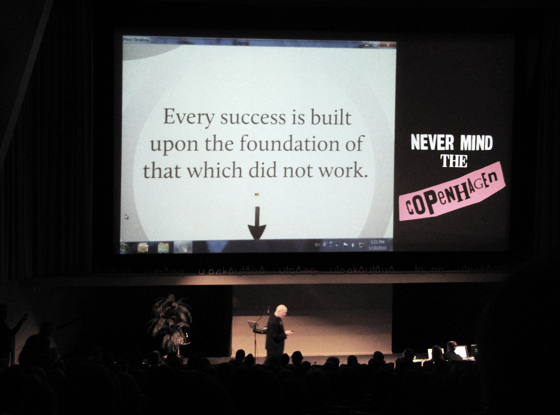
How can we do our share in tackling climate change and contribute to positive changes? How do we look at the situation – as an inconvenient problem or rather as a new challenge that could be a start to new innovations, business ideas and positive changes in the patterns of our lives and the society? These questions were discussed in the seminar “Never Mind the Copenhagen” organised by Demos Helsinki.
On Friday 19th March, the seminar gathered about 500 people at the Bio Rex film theatre in Helsinki. Speakers from different disciplines – science, media, advertisement, large companies and private entrepreneurs – gave us refreshing and inspiring viewpoints and ideas. The focus was not in looking at charts of carbon dioxide and world temperatures, but rather about new, positive ideas and attitudes.
Here are some picks of the seminar’s main themes. What interests us here is in fact not only climate change, but rather, change itself. The following ideas can be useful in any situation where we want to bring about positive changes and step out from dusty, old-fashioned ways of thinking which are not anymore capable of dealing with present day’s challenges.

CRISIS AS AN OPPORTUNITY
Finding new solutions to climate change requires rethinking and questioning – of pretty much everything. This of course means taking risks, and even accepting failure as a potential step towards success. U.S. ambassador in Finland Bruce J. Oreck opened the seminar by talking about failure as a chance. In his words, great innovations happen when “our vision of the future is not limited by someone else’s vision of what it should be”.
‘Attitude’ was the magic word repeated many times throughout the afternoon, not without reason. It is only ourselves who set the limits to what is possible. Web entrepreneur Jyri Engeström reminded us that we already hold enough technological knowledge to find new solutions; the greatest challenge is our attitudes.
INDIVIDUAL EFFORTS GROW TO BIG IMPACTS
Philosopher and professor at Aalto University Maija-Riitta Ollila spoke about the power of the individual – and their cumulative effects. Not only do we have the power to change our own habits, but also we have a great influence on our closest social circle. Therefore what we do matters even more. Ollila used the ‘Sorites paradox’ by ancient Greeks, to illustrate this. The paradox refers to a heap of sand: when adding small grains of sand together one by one, eventually they will form a heap. Where is the threshold point that changes individual grains into a heap? The message is clear: big change comes from small actions that together create a positive snowball effect.
The seminar put particular focus on how to make changes in work environments: whether we are employees or leaders, our ideas and actions matter. As Bruce J. Oreck put it: “YOU are the change you’ve been waiting for”.

BRANDING CLIMATE CHANGE, RETHINKING PRODUCTION
How we speak publicly about climate change does matter. We have all seen how people like Al Gore have the power to inspire discussion and create positive word-of-mouth. This of course has not always been the case. Branding expert Lisa Sounio suggested better ways for branding climate change, in order to turn it from a ‘boring’ problem into an inspiring and ‘sexy’ topic.
Jukka Kurttila from advertising agency Bob Helsinki also warned us about the defence reactions that negative preaching may cause. However, he suggested that we have now reached a point when climate change can be viewed as positive challenge, instead of a negative responsibility. Those who can view climate change as a business opportunity will be the ones to succeed. Kurttila’s vision of the new, effective global system of production of the future would be ” an effective model of local production”. We need to rethink the whole systems of economy, production and manufacturing processes. The result therefore would not be a great loss of money and a collapse of the economy but a redistribution of values and money.
The example of American retail giant Wal-Mart illustrates this in a clear way. The emphasis on organic and local products has offered the company to improve its reputation, and to set out an example for other businesses as well – as was mentioned by trend analysts Jody Turner and Karri Winn.
SUPPORT LOCAL QUALITY, FORGET QUANTITY
Can we have more by consuming less? The whole point in rethinking world economy and our own behaviour, as suggested by many of the speakers, would be the new understanding of quality, instead of quantity.
Jyri Engeström spoke on a personal level about the challenges of reducing one’s energy consumption. His message was: cutting our consumption, travel, shopping, etc, actually means excluding many unnecessary things from our lives. This would allow us to focus on the most important and basic things for which many of us don’t even have time today. Why not give more attention to our closest people, take some time to cook healthy food from local ingredients, maybe just live a bit more slowly and with less fuzz? This might eventually make us happier and healthier, and would not cost any more money.

NEW WAYS OF UNDERSTANDING ECONOMY
Let us end the story by presenting one more practical example from the seminar: the ‘Kuinoma’, a new business idea started by an active individual.
Kuinoma (like your own) is a new social sharing service where people can rent stuff – snowboards, instruments, books or hiking equipment – for other people. People need to buy less, and use goods more effectively. The service is surely not only about money but also about social relations. This kind of new understanding of synergy can be a powerful tool in rethinking economy and changing our modes of consumption.
All in all, be it global companies, small businesses or individual people, everyone can influence to positive changes, using their expertise, building networks and looking beyond today’s ways of thinking and doing.
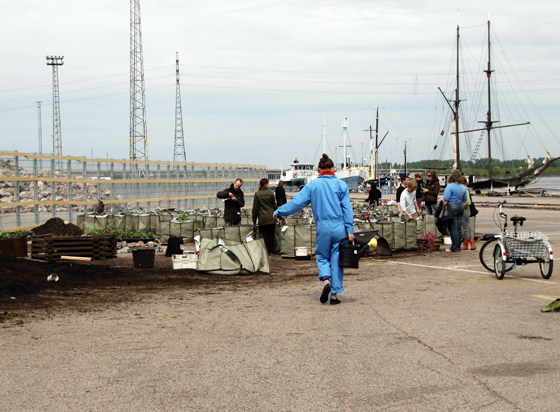
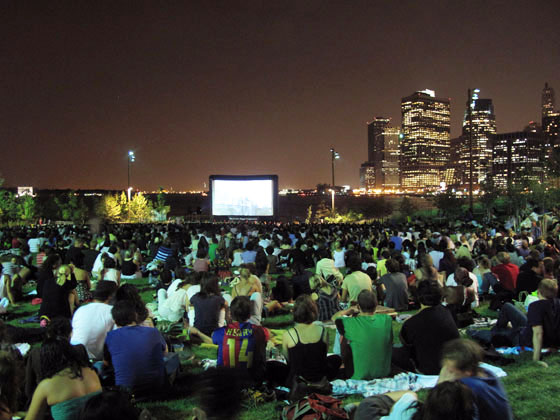
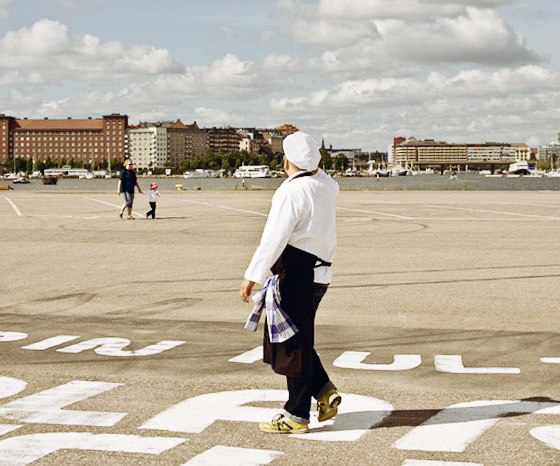

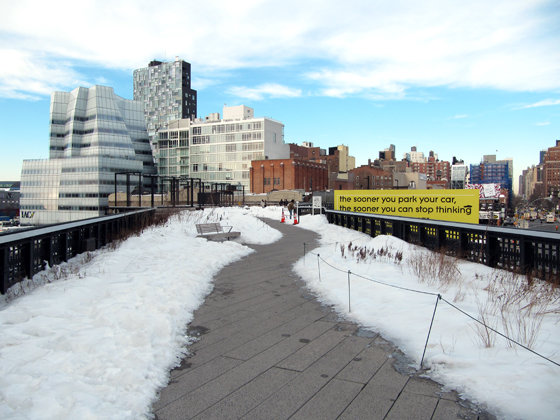
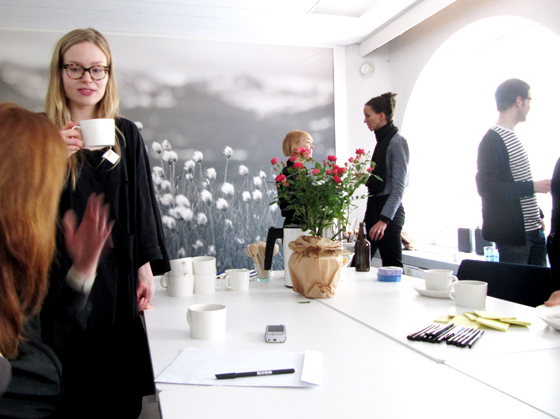
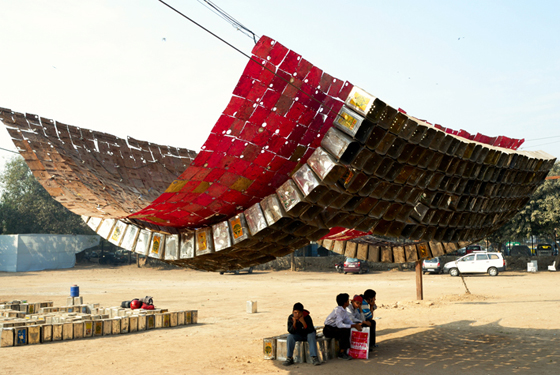
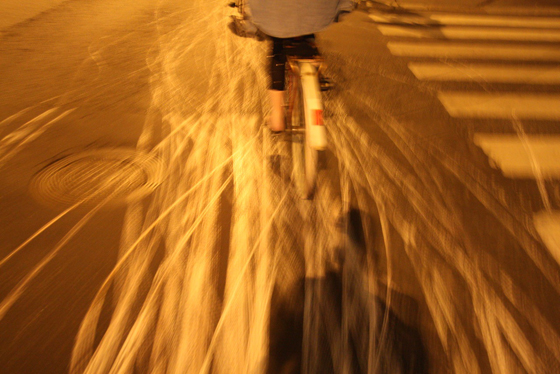
2 Responses
&-blogi » Blog Archive » Unohtakaa Kööpenhamina
[…] -seminaarista on nyt vierähtänyt jo hetki, ja powerpointeja on saatu nettiin, blogikirjoituksia blogeihin ja kuvia […]
RONachieva
Hallo , zeer mooi forum !!!!!! 🙂